


Throwing a little heat on your meal might be an effective strategy for cutting back on calories, according to a new study.



If you've ever regretted ordering a spicy meal, take note: A new study identifying molecules that suppress the heat of chili peppers hints at the possibility...



Chemists have developed an efficient skeletal editing method for frequently used heteroaromatic structures. The technique could serve as a means to chemically modify biologically active compounds.
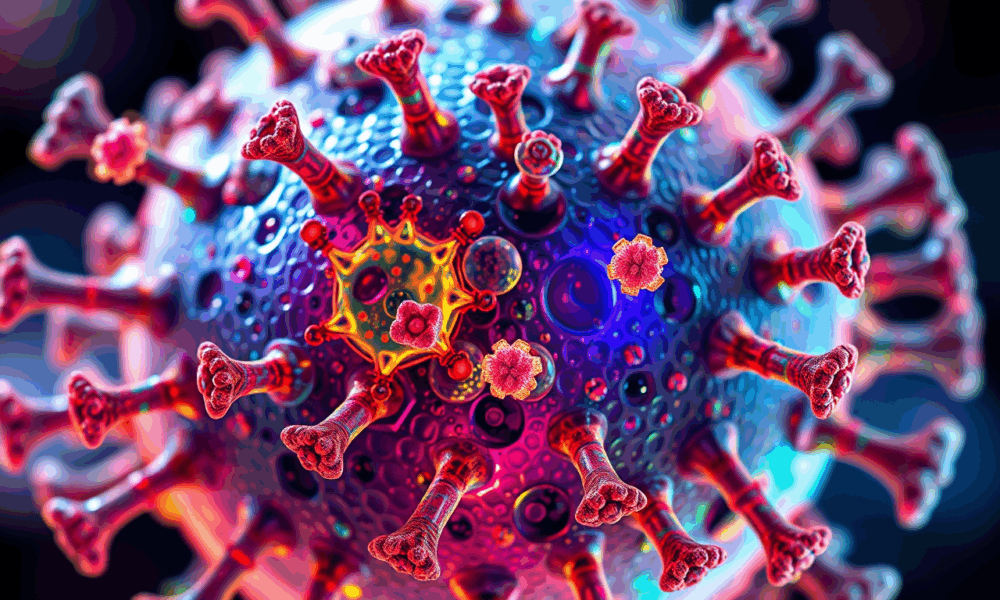


A new study proves that a type of genetic element called 'introners' are the mechanism by which many introns spread within and between species, also providing...



New research examining 11,700 years of bowhead whale persistence throughout the Arctic projects that sea ice loss due to climate change will cause their habitat to...
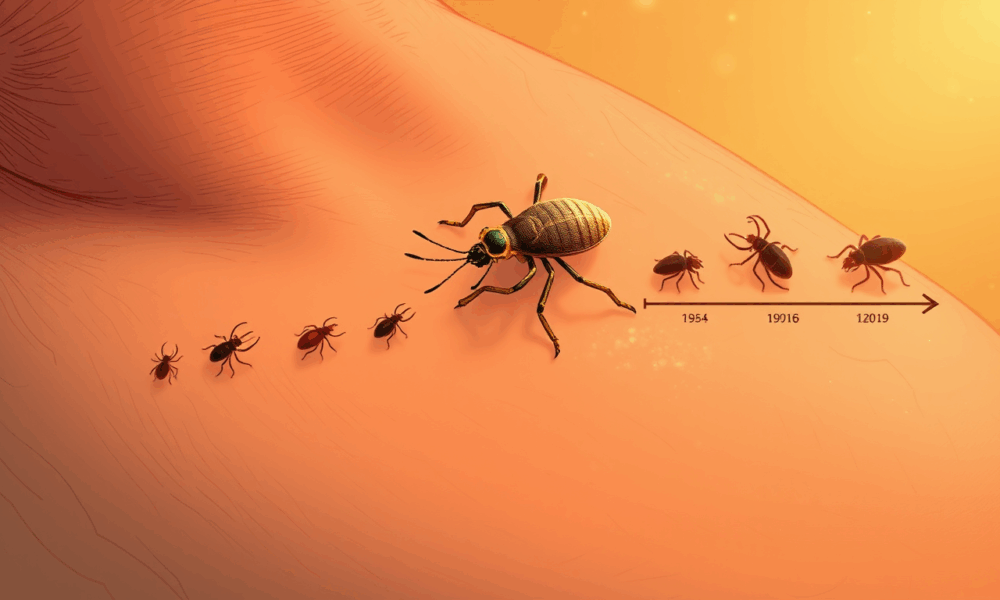
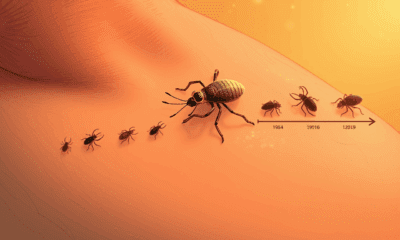

Researchers have analyzed ancient DNA from Borrelia recurrentis, a type of bacteria that causes relapsing fever, pinpointing when it evolved to spread through lice rather than...



New research shows how rapidly proliferating turf algae are waging 'chemical warfare' to inhibit the recovery of kelp forests along Maine's warming coast.
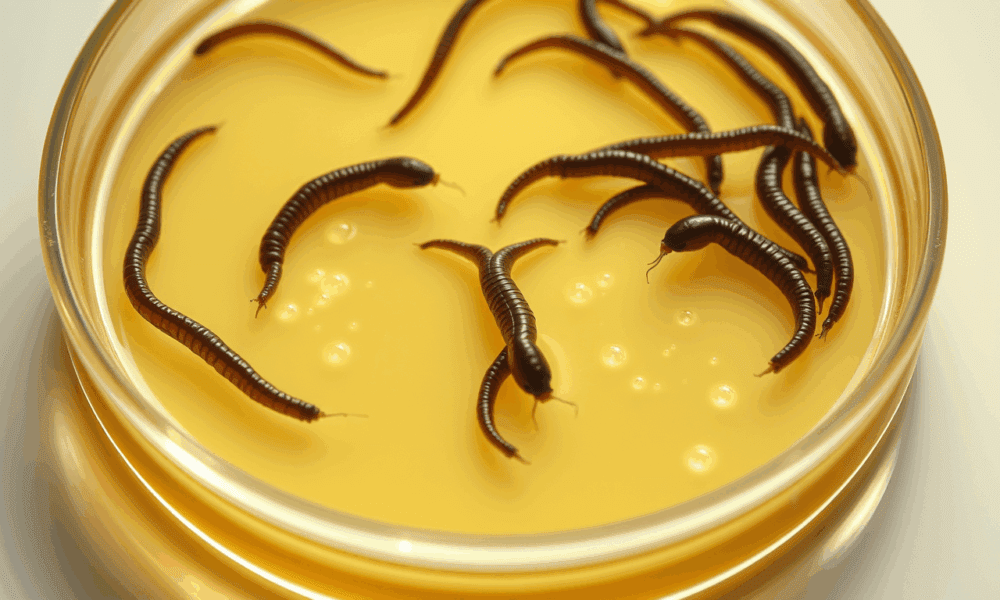
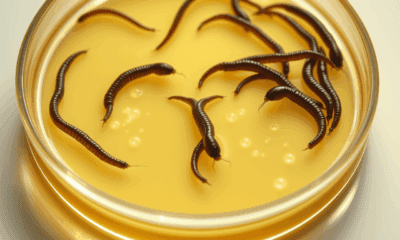

Research reveals that for C. elegans worms, the presence of dead members of their species has profound behavioral and physiological effects, leading them to more quickly...
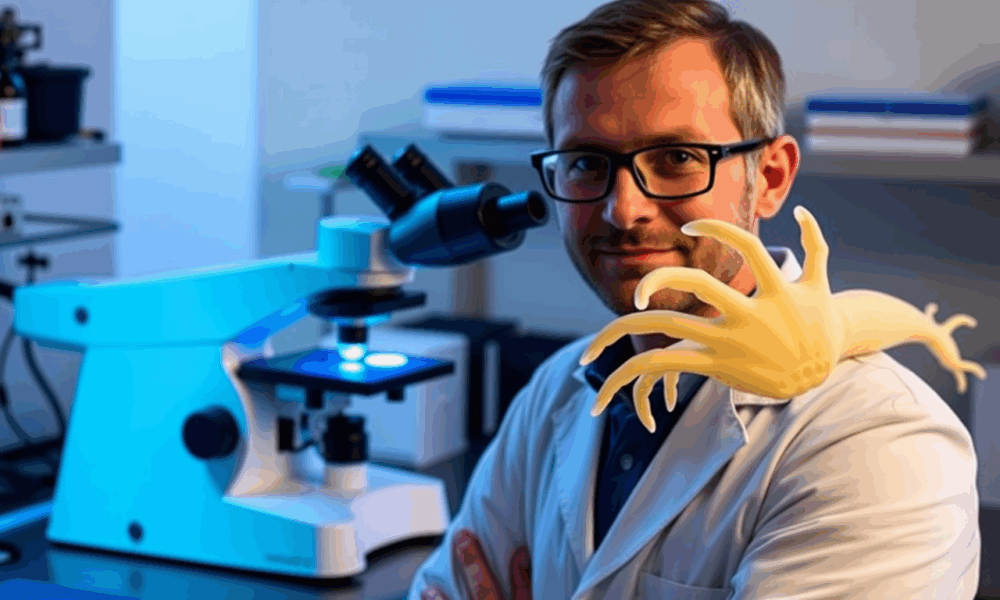
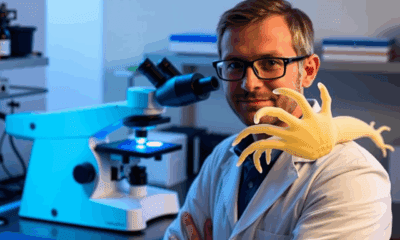

With its fascinating ability to regrow entire limbs and internal organs, the Mexican axolotl is the ideal model for studying regeneration. Scientists have now found a...
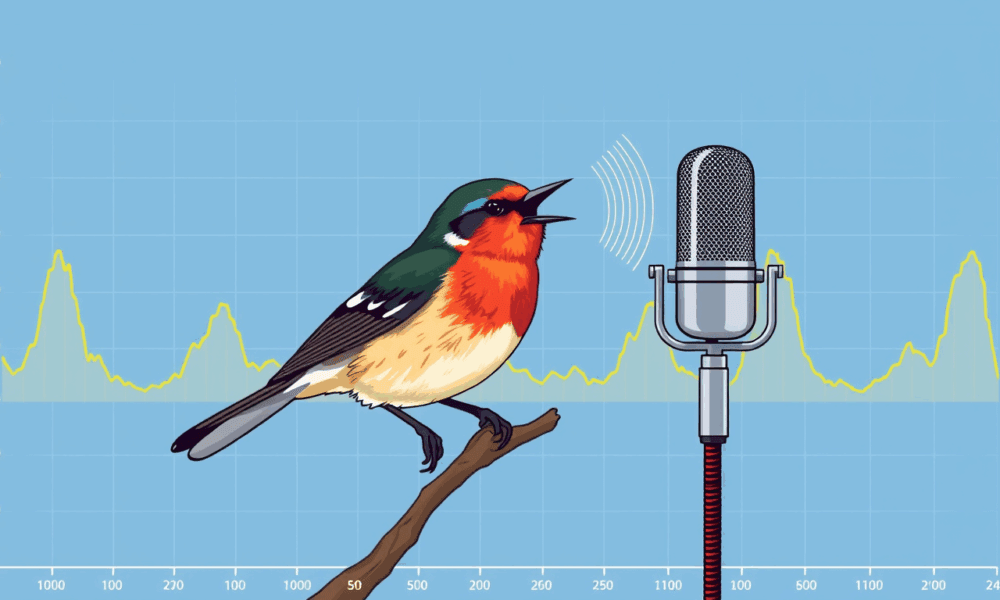
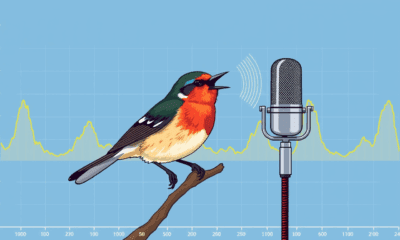

Biologists recently announced that they have released the first broad scale, comparative, fine-grained analysis linking the amplitude, or volume, of a birds' song to its vocal...